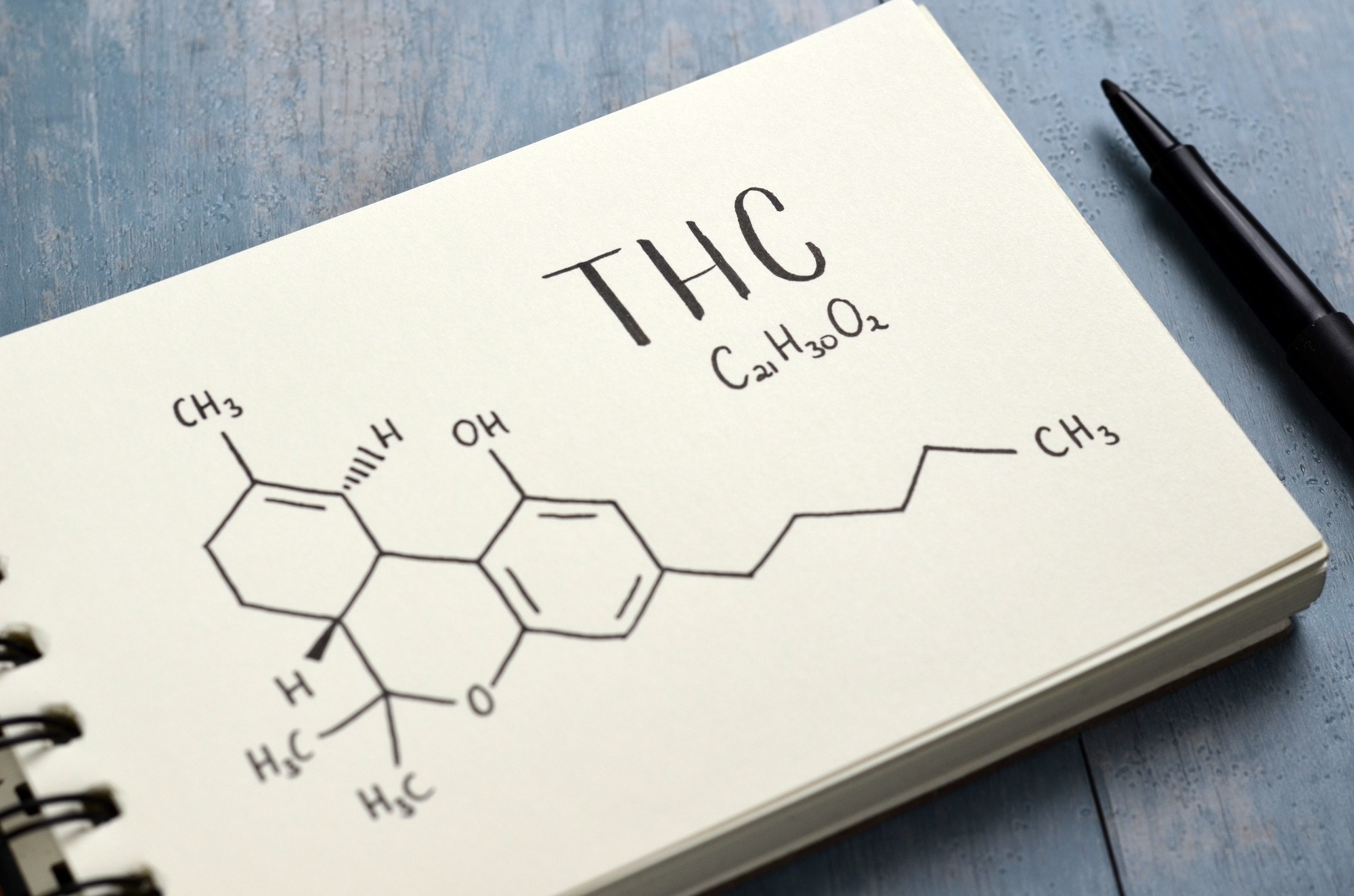Did you know that the cannabis plant has more than one hundred and twenty active ingredients?
The use of cannabis and its derivatives continues to gain momentum across the globe.
This is why it is important to understand the safety and potential risks associated with the various compounds found within this versatile plant.
Navigating the landscape of THC variants can be a daunting task. This is especially true when it comes to the safety and potential side effects of these compounds. In this blog post, we’ll delve into the world of THC variants.
We’ll shed light on the science behind them, their safety profiles, and the crucial factors you need to consider before incorporating them into your lifestyle. Keep reading if you want to find out more.
What Are THC Varients?
THC variants, often referred to as “delta variants,” are molecularly similar yet distinct forms of delta-9-tetrahydrocannabinol (THC). THC is the primary psychoactive compound found in natural cannabis.
These delta variants are derived from THC through various chemical processes. This can result in the rearrangement of the molecular structure. It will ultimately lead to differences in potency, efficacy, and safety.
The two most well-known delta variants are delta-8-THC and delta-10-THC.
They share a similar chemical backbone with delta-9-THC. But subtle structural changes in their molecular configuration set them apart.
These differences can impact the way they interact with the endocannabinoid system in our bodies. This can potentially cause varying effects for users.
One of the primary concerns surrounding delta variants is the lack of regulation. People can synthesize these compounds from various sources, such as hemp-derived CBD.
For this reason, they often fall into a legal gray area. This “unregulated” nature has led to an influx of delta variant products on the market.
Many of these products lack proper quality control measures. They also might contain impurities or inaccurate labeling.
It is essential for consumers to be aware of the potential risks associated with using unregulated THC variants. You should also exercise caution when selecting products.
Research into the safety and efficacy of these delta variants is still in its infancy. Therefore, it is crucial for users to stay informed and make well-educated decisions about their consumption.
Mislabeled Delta-8 Variants
One critical concern is the mislabeling of delta-8 products. People who use these products might experience adverse reactions. In some instances, you should avoid THC variants altogether.
This is particularly true if you have concerns about possible health risks.
Mislabeled products might contain incorrect concentrations of delta-8-THC, delta-9-THC, or other cannabinoids. They may even contain harmful contaminants.
These inaccuracies can have negative effects on users who consume them, especially if they are unaware of the product’s true contents.
When it comes to delta-8-THC oil and smoking, it’s essential to be cautious. Inhaled delta-8-THC products, such as vape cartridges or pre-rolled joints, might be more potent than other consumption methods.
This means that the risk of adverse reactions could increase.
These reactions can range from mild, such as dizziness or nausea, to more severe. This might include anxiety or paranoia, depending on the individual’s sensitivity and the quality of the product.
To minimize the risks associated with mislabeled delta-8 products and adverse reactions, it’s crucial to:
- Purchase products from reputable brands and suppliers that have established quality control measures
- Start with a low dose and gradually increase it
- Be aware of the potential side effects and discontinue use if you experience adverse reactions
- Consult a healthcare professional if you have any concerns about THC variant use
By exercising caution and staying informed, you can make safer and more responsible decisions when it comes to THC variants. This will ultimately minimize potential risks.
How to Find a Safe THC Variant Source
Finding a safe source of delta-8 THC requires due diligence. You will also need to do plenty of research. Here are some guidelines to follow if you are looking for a reputable supplier.
Reputable Brands
Opt for well-established brands that are transparent and who commit themselves to quality. Look for companies with a solid track record.
The company should have positive customer reviews. The company should also have a professional website.
Third-Party Lab Testing
A reliable delta-8 THC product should come with a Certificate of Analysis (COA) from an independent, third-party laboratory.
This certificate verifies the cannabinoid content, potency, and the absence of harmful contaminants.
The most dangerous contaminants include pesticides, heavy metals, and residual solvents. Make sure the COA is up-to-date. The COA should also match the product’s batch number.
Extraction Method
Learn about the extraction methods used by the company to produce delta-8 THC. Supercritical CO2 extraction and ethanol extraction are usually safe and efficient techniques that yield high-quality products.
Ingredient Transparency
Trustworthy brands will provide a complete list of ingredients used in their delta-8 THC products. Avoid products with unrecognizable or synthetic additives. These ingredients may pose health risks.
Customer Support
A credible company should offer excellent customer service. They will answer any questions or concerns you may have about their products. They should also provide clear instructions on dosing and usage.
Understanding THC Varients
Since they are so new, many people are not sure whether or not THC variants are safe.
This is why it is a good idea to do plenty of research before buying delta variants. Make sure to buy your products from a reputable company. You should also understand why it is a good idea to avoid THC variants.
Do you want to find out more about cannabis safety? If so, make sure to visit the Health & Fitness section of our website.





Be First to Comment